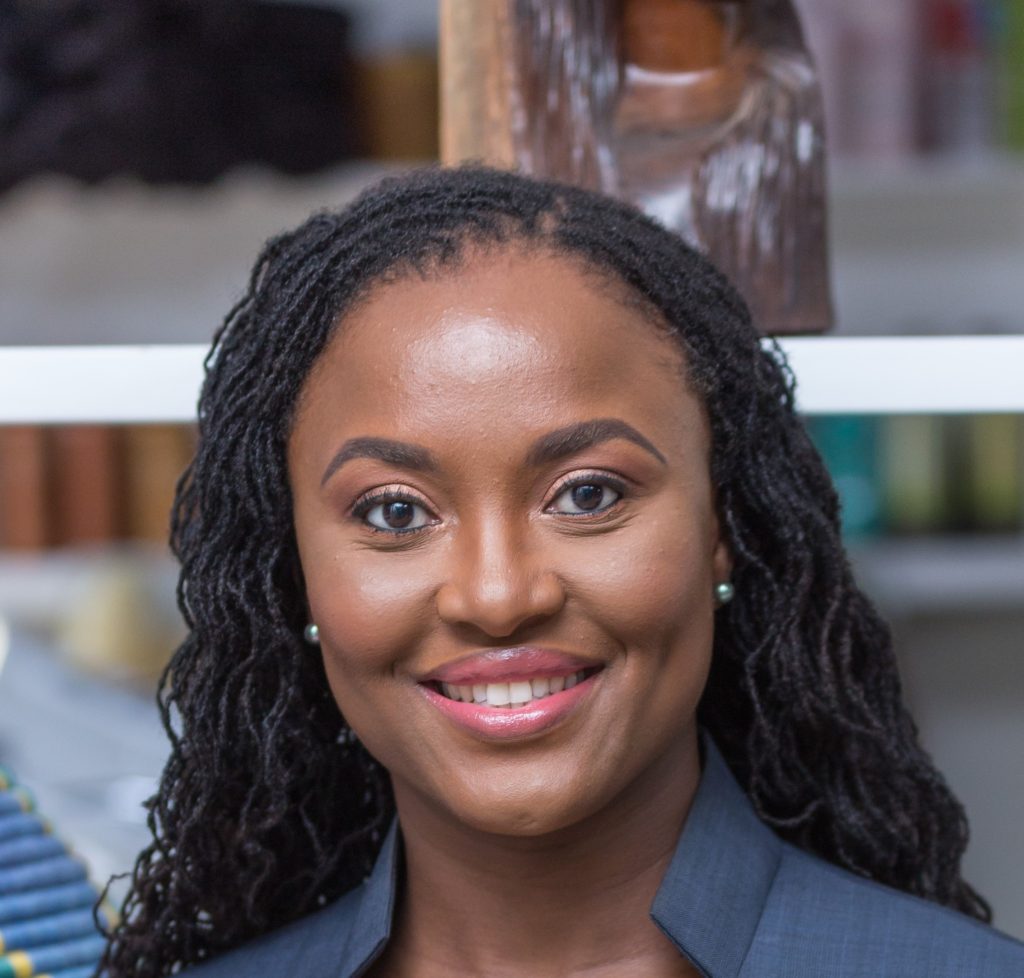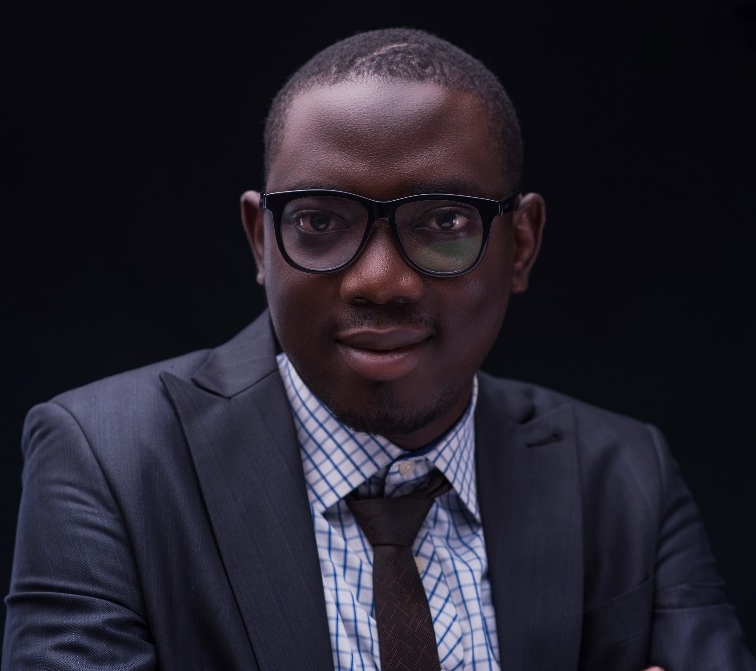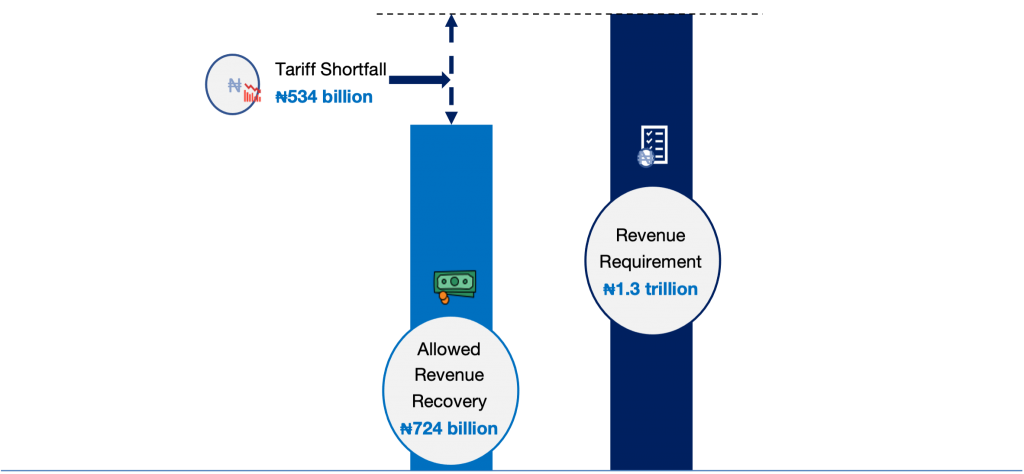

The dawn of the COVID-19 pandemic affected the globe with its far-reaching impacts. Even though the long-term health, economic, and social impact is still indeterminate, the immediate effects have ensued with significant loss of lives and livelihoods. Those already living in poor and vulnerable conditions have been the hardest hit, suffering extreme hardship from reduction in income and decreased consumption, since existing coping mechanisms are grossly inadequate to counter the shocks from the pandemic. This scenario is bound to threaten their chances of survival, plunge them further into extreme poverty as well as expand the inequality gap. As a result, the importance of investing in efficient social protection programmes has never been more pronounced.
More than a year after the height of the global coronavirus pandemic, researchers, businesses, and policymakers are keen to fully understand the impact of the pandemic on our economies. Moreover, unpacking the long-term implications and policy responses are critical to successfully navigate the economic crises.
To this end SAIIA and CSEA organised a webinar on August 11, 2021 to share empirical evidence of the impact of Covid-19 on Africa’s two largest economies, South Africa, and Nigeria. Researchers from the Covid-19 Macroeconomic Policy Research in Africa (CoMPRA) project were joined by policymakers from the respective countries to further explore policy dimensions of Covid-19 in these two economies and contemplate the way forward to successful sustainable and inclusive economic recovery.
Download the speakers’ biographies.
Watch Webinar on YouTube
CSEA organized a virtual roundtable on Monday, August 9th, 2021, to discuss pathways for strengthening confidence in the digital economy in Africa under the following:
- Trends in digital growth and data threats on the continent.
- Present landscape for governing data use and sharing in Africa.
- Role and scope for a harmonized regional data governance structure under the AfCFTA.
-Areas for further investigations to gain deeper insights to the factors hindering advancement of data governance on the continent.
The event was a meeting point for stakeholders including: data protection regulators, data aggregators, trade experts, digital rights advocacy groups, representatives of regional economic communities among others.
The event also featured an unveiling of CSEA’s African Digital Preparedness Webpage.
EVENT DETAILS
Read the event summary report
Watch the fully recorded video of the event on our YouTube platform
Download the Key note address by the Director General of the World Trade Organisation(WTO), Dr Ngozi Okonjo-Iweala
Access the newly launched African Digital Preparedness Webpage
Download the slide presentation of CSEA Research team
Download the inception report- Strengthening Data Governance in Africa
ABOUT THE SPEAKERS
KEY NOTE SPEAKER
DR NGOZI OKONJO-IWEALA

Dr. Ngozi Okonjo-Iweala is the Director General of the World Trade Organisation (WTO). She is an economist and international development expert with over 30 years of experience. She was Chair of the Board of Gavi, the Vaccine Alliance (2016 – 2020), the African Risk Capacity (2014 – 2020) and Co-Chair of The Global Commission on the Economy and Climate. Previously, she served as Senior Advisor at Lazard and sat on the Boards of Standard Chartered PLC and Twitter Inc. Dr Okonjo-Iweala was appointed as an AU COVID-19 Special Envoy and WHO COVID-19 Special Envoy.
Dr Okonjo-Iweala served twice as Nigeria’s Finance Minister (2003-2006, 2011-2015), the first woman to hold the position, and spent a 25-year career at the World Bank rising to the No.2 position of Managing Director.
In 2020 Dr Okonjo-Iweala was named Forbes African of the Year. She has been ranked by Fortune as one of the 50 Greatest World Leaders (2015) and by Forbes as one of the Top 100 Most Powerful Women in the World consecutively for four years. She holds a Bachelor’s in Economics from Harvard University and a PhD from the Massachusetts Institute of Technology.
PANELISTS
TEKI AKUETTEH FALCONER

Teki Akuetteh Falconer is an ICT/Telecom Lawyer, a Privacy/Data Protection Consultant and Senior Partner at a law firm based in Accra, Ghana. She is also the Founder and Executive Director of the Africa Digital Rights Hub LBG, a member of the UN Global Pulse Privacy Advisory Group, and a non-resident fellow of the Center for Global Development.
Previously, Teki has worked for the Government of Ghana in the development of several key legislations for the ICT sector including the Data Protection Act, 2012 (Act 843), Electronic Communications Act, 2008 (Act 775), and Electronic Transactions Act, 2012 (Act 772). She was also the first Executive Director of the Data Protection Commission of Ghana.
Teki holds an LLM in Information Technology and Telecommunications Law from the University of Strathclyde, Glasgow, Scotland and a Bachelor of Arts in Law and Political Science from the University of Ghana (Legon), Accra – Ghana.
MRS DRUDEISHA MADHUB

Mrs Drudeisha Madhub is the Data Protection Commissioner of the Republic of Mauritius, a position she assumed since August 2007. Prior to her appointment, she was Senior State Counsel at the Attorney General’s Office for six and a half years.
She is a respected member of various international networks such as: Association Francophone des Autorités de Protection des Données Personelles’ (AFAPDP), Réseau Africain des Autorités de Protection des Données Personelles (RAAPDP), Global Privacy Enforcement Network (GPEN), Common Thread Network (CTN), the Council of Europe, and United Nations Global Pulse.
She was appointed as data protection and human rights expert by Interpol and a member of the Commission for the Control of Interpol’s Files from 2011 to 2018 with the specific function of judging data protection and human rights issues in Interpol’s cases.
Mrs Madhub was appointed UN Emeritus expert, joining the UN Global Pulse Data Advisory Group in 2014 to provide expert advice on data protection.
KAMAL TAMAWA

Kamal Tamawa is the Director of Public Policy for Sub-Saharan Africa at the GSMA. A seasoned Telecommunications Regulation and Policy expert, Kamal is involved in coordinating the delivery of GSMA Advocacy programmes in the Sub-Saharan Africa region, anddriving engagements and interventions on a wide variety of telecommunications policy topics.
Kamal has worked with the Nigerian Regulator and, prior to joining the GSMA, he worked with Etisalat Nigeria where he managed Regulatory Compliance, Spectrum Policy and Technical Regulatory matters. Kamal is also been a member of the Technical Advisory Committee that prepares Nigeria’s participation at International fora on Telecommunications.
Kamal holds a B.Sc in Computer Engineering from the American University of Cyprus and an M.Sc in Mobile and Personal Communications from King’s College London.
DR ADEDEJI ADENIRAN

Dr Adedeji Adeniran is the Director of Research at CSEA. He holds a Ph.D from the University of Witwatersrand, South Africa. He also holds a Masters’ and Bachelor’s degree in Economics and Educational Management/Economics from the University of Ibadan.
He previously worked as a seasonal Lecturer in the Department of Witwatersrand, as a Data Analyst at the Analyst Data Services and Resources(ADSR) and as a Teaching Assistant in the Department of Economics University of Ibadan. His research interests cuts across macroeconomics,development finance,public economics and policy analysis and experimental economics.
SONE OSAKWE

Sone Osakwe is a Research Fellow at CSEA. As a development economist, she is committed to understanding how poverty and inequality can be reduced to achieve improved welfare and more inclusive societies. Her expertise include research, policy and practice, domestic revenue mobilization strategies, advocacy, among others.
Before joining CSEA, Sone worked as a fiscal policy advisor at Deloitte. She holds a Master’s degree in International Development and Economics from University of Bath, and a Bachelor’s degree in Accounting from the University of Nigeria, Nsukka. She is also a chartered accountant.
China’s investment in African infrastructure as part of its Belt and Road Initiative has proven to be both transformative and controversial. While investment projects are helping Africa to close its infrastructure gap, they have also raised fears of runaway debt levels. Overall, more research is needed on the development impact of Chinese investment activities on the continent, including the financial implications thereof. This report aims to address this knowledge gap. Drawing on diverse datasets, it examines Chinese infrastructure projects in three countries: Ethiopia, Kenya and Nigeria. A key result of the study is that while many of these projects are still under way, they are likely to have a positive impact in the future. In particular, they will boost trade and development in the commodities and services sectors. Nevertheless, the benefits of the Belt and Road Initiative will not be evenly distributed in Africa. Top commodity producers and exporters will continue to benefit more than some other African countries. Countries should take cognisance of and mitigate the downside risks associated with Chinese interventions in Africa, including growing their debt loads and minimising the negative effects on the environment.
Tariff reform is often listed as a high-priority issue in Nigeria. In March 2020, the Nigerian Electricity Regulatory Commission (NERC) issued an order to transition from demand-based to cost-reflective and service-reflective tariffs. Consumers are now supposed to pay based on how long they receive electricity daily, divided into groups commensurate with the quality of services offered. After several delays due to COVID-19, this change finally took effect in September 2020.
FIGURE 1: Projected Revenue Requirement, Allowed Revenue Recovery and Tariff Shortfall in 2020 (Data was sourced from NERC, 2020).

TABLE 1: The new service-reflective tariff bands (Data sourced from NERC, 2020).
| TARIFF BAND | ELECTRICITY SUPPLY (HOURS PER DAY) | TARIFF REVIEW |
|---|---|---|
| A | Minimum of 20 hours | Highest tariff band |
| B | Minimum of 16 hours | Second highest tariff band |
| C | Minimum of 12 hours | Moderate tariff increase |
| D | Minimum of 8 hours | No tariff increase |
| E | Minimum of 4 hours | No tariff increase |
This article was first Published at Energy for Growth Hub
